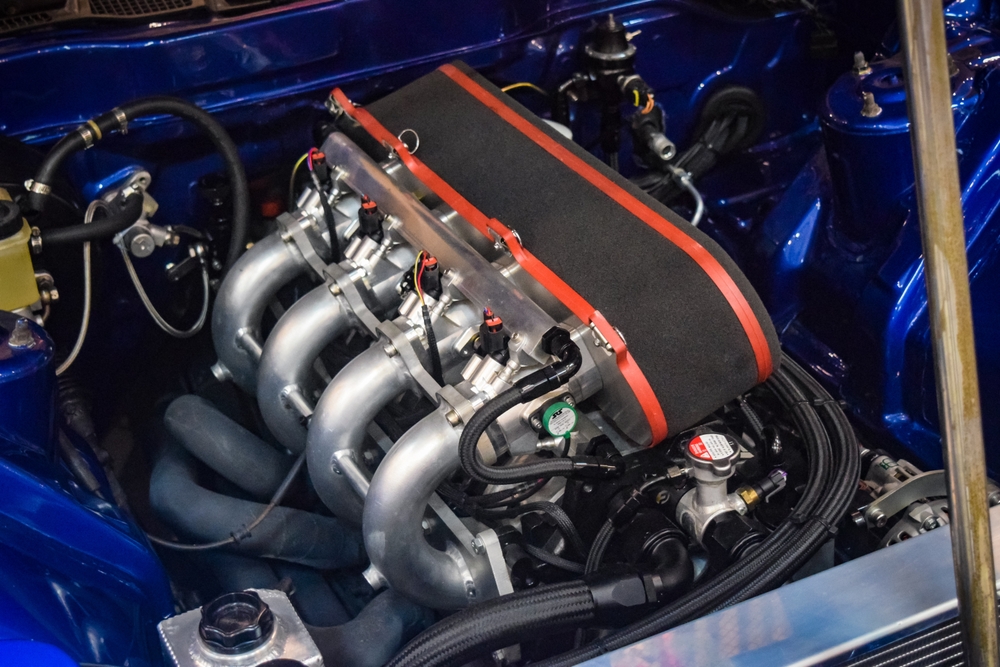The Resurgence of Carburetors in Modern Performance Tuning
Beneath the rumble of a finely-tuned engine lies a story of innovation, tradition, and surprising comebacks. In an era dominated by electronic fuel injection, a counter-cultural movement is gaining traction among automotive enthusiasts and professional tuners alike. Carburetors, once thought to be relics of automotive history, are making an unexpected return to the forefront of performance tuning. This resurgence is not merely nostalgia-driven; it represents a fusion of classic engineering with cutting-edge modifications, challenging conventional wisdom about fuel delivery systems in high-performance vehicles.

The Legacy of Carburetors
Carburetors have been an integral part of internal combustion engines since their inception. These mechanical devices, responsible for mixing air and fuel in the correct ratio for combustion, dominated the automotive landscape for nearly a century. Their simplicity, reliability, and ease of tuning made them a favorite among mechanics and racers alike. However, with the advent of electronic fuel injection systems in the 1980s, carburetors began to fade from mainstream use, relegated to classic cars and niche applications.
The Shift to Electronic Fuel Injection
The transition to electronic fuel injection (EFI) systems marked a significant leap in automotive technology. EFI offered precise fuel metering, improved fuel efficiency, and reduced emissions, aligning perfectly with tightening environmental regulations and consumer demands for better performance. This shift seemed to spell the end for carburetors in modern vehicles, with many predicting their complete obsolescence within a few decades.
The Unexpected Comeback
Despite the dominance of EFI, a growing number of performance enthusiasts and professional tuners have begun to rediscover the potential of carburetors. This revival is not about reverting to outdated technology but rather about reimagining and enhancing carburetor designs to meet modern performance standards. The reasons for this resurgence are multifaceted, ranging from the quest for raw, mechanical power to the desire for a more engaging and hands-on tuning experience.
Advancements in Carburetor Technology
Modern carburetors are a far cry from their predecessors. Innovative materials, precision manufacturing techniques, and computer-aided design have revolutionized carburetor construction. New alloys and coatings reduce weight and improve fuel atomization, while 3D printing allows for rapid prototyping of complex venturi shapes and fuel circuits. These advancements have addressed many of the historical limitations of carburetors, such as inconsistent fuel delivery at varying altitudes and temperatures.
The Performance Advantage
One of the key drivers behind the carburetor revival is the potential for significant performance gains in certain applications. High-performance carburetors can deliver massive amounts of fuel quickly, making them ideal for drag racing and other high-power, short-duration events. The instantaneous throttle response and the ability to fine-tune fuel delivery across the entire rpm range offer advantages that some tuners find difficult to replicate with EFI systems.
Customization and Tuning Flexibility
The mechanical nature of carburetors provides a level of customization that appeals to many enthusiasts. Unlike EFI systems, which often require specialized software and equipment for tuning, carburetors can be adjusted with simple hand tools. This accessibility allows for real-time tuning at the track, enabling racers to quickly adapt to changing conditions. The tactile experience of adjusting jets, tweaking float levels, and balancing multiple carburetors has a visceral appeal that resonates with those who view engine tuning as both an art and a science.
Challenges and Limitations
Despite the advancements, carburetors still face significant challenges in modern applications. Emissions compliance remains a major hurdle, as carburetors struggle to match the precise fuel control of EFI systems across all operating conditions. Additionally, the complexity of integrating carburetors with modern engine management systems and onboard diagnostics presents technical and regulatory challenges. These factors limit the widespread adoption of carburetors in production vehicles but have not dampened enthusiasm in the performance and racing sectors.
The Future of Carburetion
As the automotive world continues to evolve, the role of carburetors in performance tuning is likely to remain niche but significant. Ongoing research into alternative fuels and advanced materials may further expand the capabilities of modern carburetors. Some innovators are even exploring hybrid systems that combine the best aspects of carburetors and electronic fuel injection, promising a future where the line between mechanical and digital fuel delivery becomes increasingly blurred.
The resurgence of carburetors in modern performance tuning is a testament to the enduring appeal of mechanical engineering in an increasingly digital world. It represents a unique convergence of nostalgia, innovation, and the pursuit of peak performance. As enthusiasts and engineers continue to push the boundaries of what’s possible with internal combustion engines, the humble carburetor may yet have more surprises in store for the automotive world.





